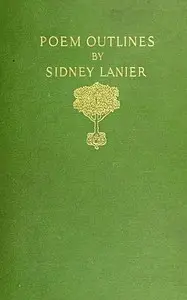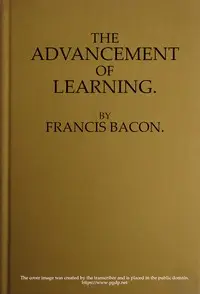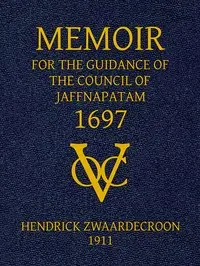"The English Novel and the Principle of its Development" by Sidney Lanier is a critical exploration of the novel's rise as a key literary form in the late 1800s. Based on a collection of public talks, the book looks into how novels have changed over time and how they connect to society then. Lanier wants to explain how the novel grew to be such an important way for people to express themselves in modern culture. He kicks off the text by detailing how he plans to look at the novel, not just by breaking it down, but by understanding it as a piece of art by taking a big picture approach. Lanier argues that the novel, like other types of writing, is a result of when it was created, molded by the increasingly complex nature of human personality and social interactions. He shows the novel's powerful and transformative strength, saying it can tell stories that teach good morals and bad ones, showing its effect on readers and society as a whole.

The English Novel and the Principle of its Development
By Sidney Lanier
Explore the evolution of storytelling as a literary expert dissects how prose shapes society through narratives of virtue and vice.
Summary
About the AuthorSidney Clopton Lanier was an American musician, poet and author. He served in the Confederate States Army as a private, worked on a blockade-running ship for which he was imprisoned, taught, worked at a hotel where he gave musical performances, was a church organist, and worked as a lawyer. As a poet he sometimes used dialects. Many of his poems are written in heightened, but often archaic, American English. He became a flautist and sold poems to publications. He eventually became a professor of literature at Johns Hopkins University in Baltimore, and is known for his adaptation of musical meter to poetry. Many schools, other structures and two lakes are named for him, and he became hailed in the South as the "poet of the Confederacy". A 1972 US postage stamp honored him as an "American poet".
Sidney Clopton Lanier was an American musician, poet and author. He served in the Confederate States Army as a private, worked on a blockade-running ship for which he was imprisoned, taught, worked at a hotel where he gave musical performances, was a church organist, and worked as a lawyer. As a poet he sometimes used dialects. Many of his poems are written in heightened, but often archaic, American English. He became a flautist and sold poems to publications. He eventually became a professor of literature at Johns Hopkins University in Baltimore, and is known for his adaptation of musical meter to poetry. Many schools, other structures and two lakes are named for him, and he became hailed in the South as the "poet of the Confederacy". A 1972 US postage stamp honored him as an "American poet".



















